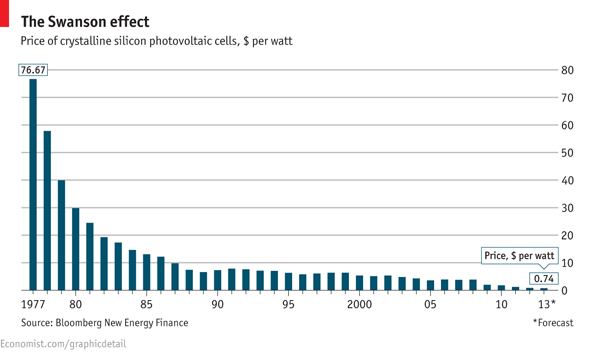The Guardian (2015) reports that in the league of the world largest companies, those that places sustainability in their core business strategies are, by far, outperforming those who do not. Harvard Business Review (2014) also reports that SME’s who took the step to invest large initial capital expenditures on sustainability are reaping the fruits of their investments.
HBR cited Zhangzidao Fishery Group, a fishing company based in China, as one example.
The company has adapted a method that was formed in ancient times that has been reinvented, integrated multitrophic aquaculture (IMTA). Fishing companies in that industry typically try to maximise the production of an individual species; drawing in revenue from economies of scale. However, Zhangzidao creates a delicate and intertwined ecosystem of sea creatures so that they are able to feed off each other. Through this ecosystem, the company effectively uses the sea creature’s waste as food, reducing their cost. Single-species fisheries exhaust seabeds as they deplete the resources from that spot in the seabed, thus cultivations have to constantly migrate, in the process depleting many more. IMTA, because of its sustainable ecosystem, does not clear seabeds and hence can be kept at one area for an indefinite period. This has put Zhangzidao’s earnings far beyond their industries average as costs has been markedly reduced. Unsurprisingly, expenditure to engineer this model was high and initial returns on investments were low, thus all of its competitors deemed this model to be environmentally sustainable, but not financially. Zhangzidao is the only one laughing now.
It is not logically incoherent to reason that sustainability would one day turn profitable — as of every invention, its popularisation would incentivise engineers to further its development, and investors to pour finances into it. The landscape of climate change is exerting pressure on the regime; hence, the niche of developing renewable technology has rapidly gained traction.

The price of energy from solar panels has decreased tremendously through the years, and is slated to continue decreasing at a rate of 10% every year according to National Geographic (2016) assuming the absence of an revolutionary technology. Unfortunately, the cost energy from solar source remains higher than that of coal in the short run. However, if we consider levelized cost of energy (which is the cost normalised through the entire life cycle), renewable energy easily outweigh that of fossil fuels. The intractable problem remains that renewable energy cannot yet compete with fossil fuels in terms of capacity of energy generation. Many buildings around the world use renewable energy to power part its energy requirements, but due to space constraints and technological limitations, few can fully power themselves solely through renewable energy. Even those that boast of zero-emission designs make it functionally impossible for users to operate.
Zhangzidao’s remarkable success is not an isolated incident, neither is it exclusive to the fishery industry. Companies across industries have been reporting that investment in sustainability has proven to have turned a profit. However, it remains an uphill task to convince companies that the hefty initial investments would definitively result in greater returns down the road as the sample size of success stories remain relatively small. But as more companies jump on the renewable energy bandwagon and technology keeps making progress, it is only a matter of time before the regime of fossil fuels gives up its place for the era of renewable energy.
- Nunez, C (2015, August 15) Solar Energy Sees Eye-Popping Price Drops. Retrieved from http://news.nationalgeographic.com/energy/2015/10/151002-solar-energy-sees-eye-popping-price-drops/
- Knut, H., Michael, D., & Jurgen, J (2014, March) Making Sustainability Profitable. Retrieved from https://hbr.org/2013/03/making-sustainability-profitable
- Bonini, B., & Swartz, S (2014) How organizing for sustainability can benefit the bottom line. Retrieved from http://www.mckinsey.com/…/getting%20the%20most%20out%20of%20your%20sustainabi

